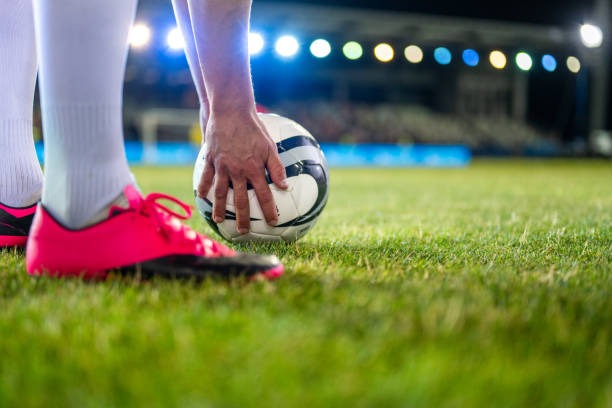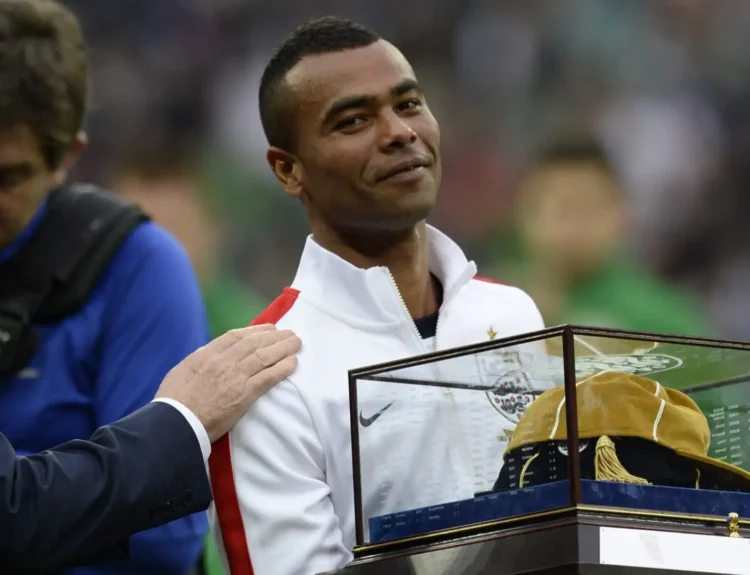Introduction
Nutrition plays a critical role in athletic performance, recovery, and overall health. Whether you’re an amateur athlete or a seasoned professional, understanding what to eat—and when—is essential to fuel your body, build strength, and enhance endurance. Sports nutrition is not a one-size-fits-all concept; it must be tailored to the type of sport, intensity of activity, and individual goals.
The Role of Macronutrients in Athletic Performance
Athletes rely on three primary macronutrients: carbohydrates, proteins, and fats. Each serves a unique purpose:
- Carbohydrates are the body’s main source of energy. They are particularly vital for endurance athletes who need sustained fuel during prolonged physical activity.
- Proteins are essential for muscle repair and growth. They also support immune function and hormone production.
- Fats, though often misunderstood, are a crucial source of long-lasting energy and aid in the absorption of vitamins.
Balancing these macronutrients ensures that athletes perform at their best while minimizing fatigue and injury.
Pre-Workout Nutrition: Fueling Up Right
What athletes eat before training or competition can significantly impact their performance. A balanced pre-workout meal should include complex carbohydrates, moderate protein, and low fat. Ideally, it should be consumed 2–3 hours before activity. For example, oatmeal with fruit and a boiled egg offers sustained energy and muscle support.
A quick snack like a banana or an energy bar 30–60 minutes before exercise can provide an additional energy boost without causing digestive discomfort.
Post-Workout Nutrition: The Recovery Window
The first 30 to 60 minutes after a workout is a critical window for recovery. Athletes should focus on replenishing glycogen stores with carbohydrates and repairing muscle tissue with protein. A post-workout smoothie with milk, protein powder, and a banana can provide an ideal mix of nutrients. Including some healthy fats at this stage can also support hormone regulation and reduce inflammation.
Hydration: Often Overlooked but Vital
Proper hydration affects nearly every physiological function, including temperature regulation, muscle contractions, and nutrient transport. Athletes should drink water consistently throughout the day and increase intake before, during, and after physical activity. In longer or high-intensity workouts, electrolyte-rich sports drinks may help replace sodium and potassium lost through sweat.
Vitamins and Minerals: Small But Mighty
Micronutrients such as iron, calcium, vitamin D, and B-complex vitamins play important roles in athletic performance. Iron supports oxygen transport, calcium strengthens bones, and vitamin D enhances calcium absorption and immune function. Athletes should aim to get these nutrients through a varied and balanced diet, though supplements may be necessary in some cases.
Tailoring Nutrition to Sport Type
Nutritional needs vary based on the sport and intensity. For example:
- Endurance athletes (runners, cyclists) require more carbohydrates for sustained energy.
- Strength athletes (weightlifters, bodybuilders) need higher protein intake for muscle repair and growth.
- Team sport athletes (football, basketball) benefit from a balanced intake of all macronutrients, as their activities include both aerobic and anaerobic components.
Special Considerations: Vegetarians, Vegans, and Food Allergies
Athletes with dietary restrictions must be especially mindful of meeting nutritional needs. Plant-based athletes should ensure adequate intake of complete proteins and critical nutrients like B12, iron, and omega-3 fatty acids. Those with food allergies must plan meals carefully to avoid deficiencies and ensure safe, nutrient-dense alternatives.
Conclusion
Optimal performance begins with smart nutrition. By understanding the roles of different nutrients and timing their intake properly, athletes can enhance energy levels, speed up recovery, and reduce the risk of injury. Whether training for competition or personal goals, fueling the body right is a fundamental part of sports success.








